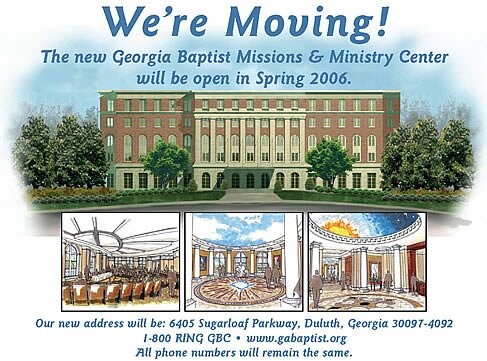The obvious answer to that question is a resounding, "Yes!" and it is the person and work of Jesus Christ and His gospel. But, I am wondering if we will appeal to Him or our own pet doctrines and prejudices. Since my post the other day on relativism in the SBC, I have become more and more concerned that the IMB Trustees are leading us down a very dangerous path. I engaged in a debate yesterday on Bart Barber's blog on this issue. You can read my comments and the debate starting half way down on THIS POST.
Here is my concern: I feel that the leadership of the Conservative Resurgence has engaged in an abuse of power by going beyond their mandate to restore the SBC to a conservative biblical footing. We elected presidents and trustees to make sure that we, as a convention, held to the doctrine of inerrancy and a conservative biblical interpretation. They did that. But, we did not give them carte blanche authority to go beyond the Baptist Faith and Message 2000 in any way that they see fit. I've been told that the Boards of Trustees over each of our entities are autonomous and they can do what they like, doctrinally speaking. Basically, the only recourse we have is to elect new trustees. But, is there no governance or direction from the SBC to the trustees on how they are to proceed? Is our agreed upon confession of faith not sufficient as a measure of doctrinal accountability? If we are talking about removing missionaries and SBC employees it is sufficient. If we are talking about limiting the power of our trustees to make unilateral decisions regarding doctrinal parameters, it is not sufficient. I do not see how you can logically have it both ways, but that is where we find ourselves.
I have read arguments that bring up the fact that Southern Seminary uses the Abstracts as a governing theological document, in addition to the Baptist Faith & Message. While I would prefer that all of our seminaries use the BF&M as their doctrinal statement and stick to that, I can deal with a seminary going in a different direction (see SWBTS). I do not agree with it, but I can continue to cooperate with the SBC, even if that happens. You see, we have six seminaries and there is bound to be one that has a different slant theolgically and is more mainstream evangelical (see my alma mater, Golden Gate, for example). If you don't like SWBTS or Southern, then go to Golden Gate or New Orleans.
But, there is only ONE foreign missions sending agency of the SBC: The International Mission Board (IMB). If you are shut out by the actions of the Board of Trustees as they lead the IMB into becoming a rogue agency in the SBC, you have no alternatives. You are forced to either not participate in international missions, or you have to find another way. Those are the only two options left you by the IMB Board of Trustees. That is why it is so important that the IMB, of all of our agencies, stick strictly to the Baptist Faith and Message as our basis for cooperation. Even NAMB has more latitude here, because any U.S. church can engage in domestic missions easily by picking up the phone and contacting local churches, associations, and state conventions. Or, you can just move. Internationally, we are forced to go through the IMB. Therefore, closing the door through restrictive theological issues is even more dangerous.
So, what about the Cooperative Program? Last year in Greensboro, Southern Baptists overwhelmingly elected Frank Page as president of the SBC. They did this because, of the three candidates, his church supported the Cooperative Program most effectively. Many said that it was a referendum on the primacy of the Cooperative Program in Baptist life.
Question: Does statement #4 by the IMB BoT directly do damage to the future of the Cooperative Program? Why would churches give money to an organization (the IMB) that sets it's own doctrinal parameters and is unresponsive to calls to be consistent with our statement of faith, the BF&M, that they themselves have used as an instrument of doctrinal accountability in regard to their own missionaries? Does the IMB belong to the trustees or to the SBC? Of course, it should belong to the Lord, but I don't see where elected trustees should have the right to set limiting doctrinal positions that go beyond the statement of faith that has been approved by a majority of baptists. If they continue down this road, I do not see how churches who disagree with them on this MAJOR issue can continue to, in good conscience, give money to this organization. I say this with great sorrow because I have many friends who are IMB missionaries and they are doing GREAT work. But, if you cannot trust the theological direction of the organization, and if there is no ability to call them back to our agreed upon statement of faith, then I do not see how you can continue to travel together in regard to cooperation in missions.
I do not think that global missions belongs to parachurch organizations or missions sending agencies. Global missions is an assignment given by God to the local church and to each Christian. It is something that we are to be intimately involved with. We are not to just send our money and let others do it for us. We are to go and send ourselves. Southern Baptists have set up the IMB to assist the churches in doing just that. But, when they tell the churches that they know better what kind of missionaries can and should be sent, they no longer serve the churches in the task of global evangelization, but they expect the churches to serve them. They become the gatekeepers. I have no problem with that, especially in areas of expertise, as long as they are operating within the mandate that the churches give them, i.e., the BF&M. When they supersede that mandate and do not heed calls to return to our agreed upon basis, they are the ones who are choosing to walk in a different direction. They are the ones who are sowing disunity and bringing discord.
I firmly believe that the IMB Board of Trustees should recant in their adoption of the two new policies regarding private prayer language and baptism. Absent that, I fear that we are heading for a precipice where they will show that they choose to walk in a different direction from what was agreed upon by baptists. At that point, it is the IMB Board of Trustees that has left the fold, not the other way around. The problem is, they have taken our missionaries and sending apparatus with them. Cooperation will be a lost word, and the Cooperative Program will wither faster than our baptism numbers have fallen. We will continue to do missions, but many will not follow this new direction taken by the "trustees."
I pray that this day never comes. I pray that wisdom will prevail and the new policies will be rescinded. But, this is not some type of ultimatum to get my way. If God leads us to continue to support the IMB, even though I vehemently disagree with the actions of the BoT, then I will do so with great pleasure. It is God that we serve, not man, and He does direct us when we pray. So, we will see what happens. Again, this does not mean that everyone has to agree with my position on these tertiatry issues. I am just asking that there be room for both positions within the SBC, since that room has existed for years and both positions are strongly defended by conservative baptist scholars. I truly do pray that Jesus is glorified and that unity prevails. But, if a rupture occurs, it is not because we created it. It was created by the IMB BoT when they said that everyone had to agree with them, or they could not serve. I pray that they come to their senses and that our unity is restored in the person and work of Jesus Christ.















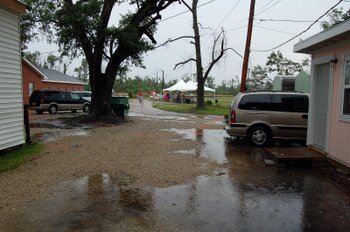
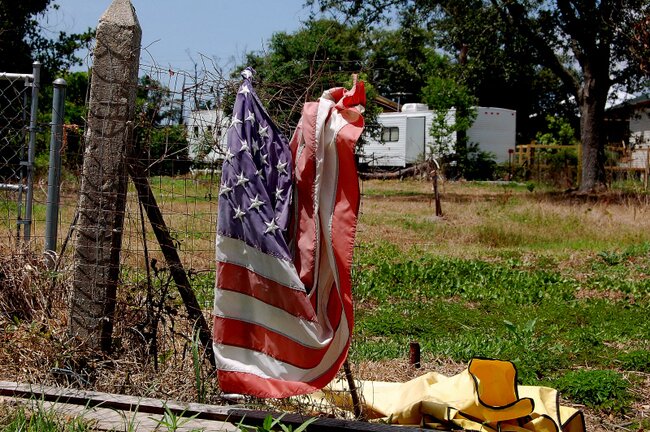


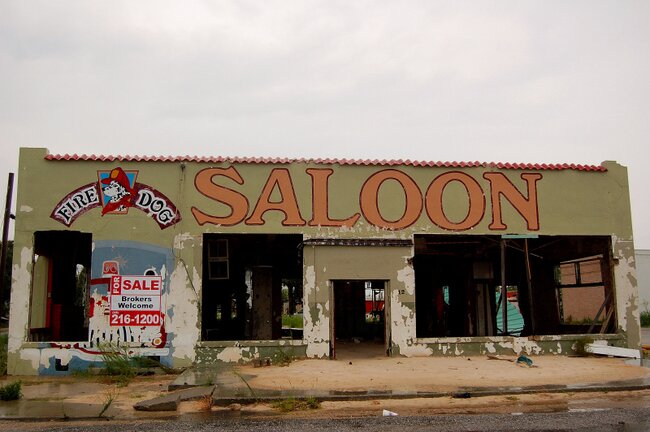
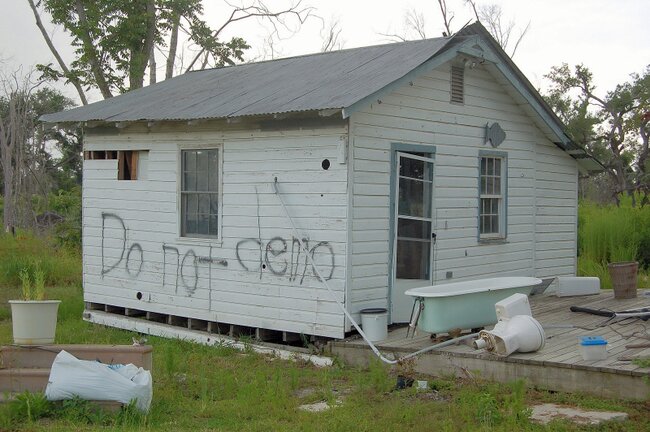
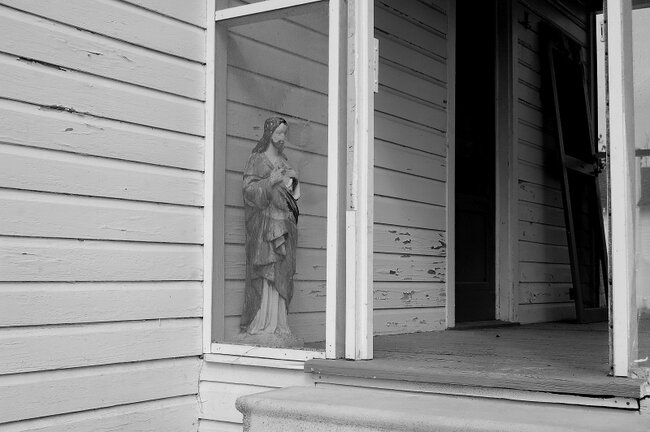

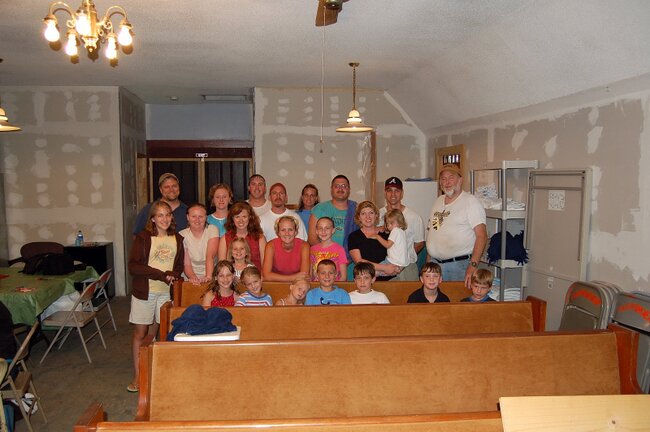
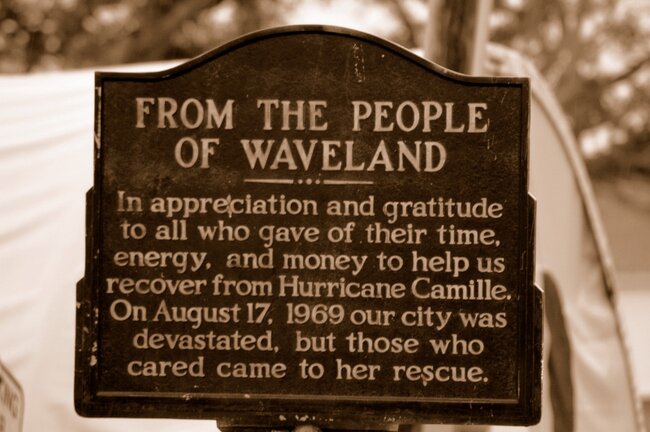

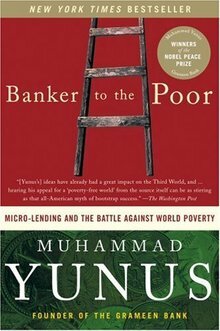











 "Blessed are the peacemakers . . . "
"Blessed are the peacemakers . . . " rebel forces from seven nations in central Africa. The largest UN peacekeeping force in the world (19,800 "blue helmets") is stationed in DRC. Fighting persists despite the 2003 peace accords and withdrawal of foreign troops.
rebel forces from seven nations in central Africa. The largest UN peacekeeping force in the world (19,800 "blue helmets") is stationed in DRC. Fighting persists despite the 2003 peace accords and withdrawal of foreign troops.